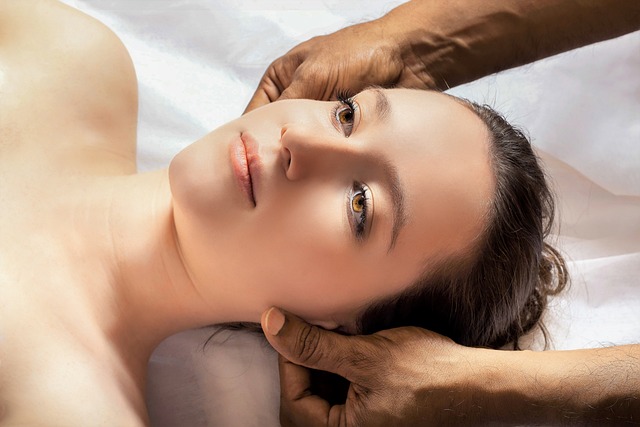Diploma in Panchakarma therapy and Ayurveda nursing

Course Summery
Diploma in Panchakarma Therapy and Ayurveda Nursing is a specialized one-year diploma program that focuses on the principles and practice of Panchakarma therapy and Ayurvedic nursing. Panchakarma therapy is an integral part of Ayurveda, aimed at detoxifying and rejuvenating the body.
Practical Training:
In addition to theoretical knowledge, students will receive hands-on training in performing Panchakarma therapies under the guidance of experienced practitioners. They will learn about different massage techniques, herbal treatments, oil therapies, and other specialized procedures used in Panchakarma therapy. The program also includes practical training in Ayurvedic nursing care. Students will learn about patient assessment, holistic health management, herbal medicine administration, and lifestyle counseling based on Ayurvedic principles. They will develop skills in providing personalized care to patients, monitoring their progress, and supporting their overall well-being.
The curriculum of the Diploma in Panchakarma Therapy and Ayurveda Nursing focuses on providing students with a comprehensive understanding of Panchakarma therapy and the principles of Ayurvedic nursing. The program covers a range of subjects, including Ayurvedic anatomy and physiology, pharmacology, Panchakarma therapy techniques, nutrition and dietetics, and nursing care.
Students start by learning the fundamental principles of Ayurveda, including the doshas, dhatus, and malas, which form the basis of Ayurvedic healing. They gain a deep understanding of Ayurvedic anatomy and physiology, studying how the body functions according to Ayurvedic principles.
The curriculum also includes pharmacology, where students learn about various herbs and their therapeutic properties. They explore the preparation of Ayurvedic medicines and the principles of herbal formulations.
One of the key focuses of the curriculum is Panchakarma therapy, a specialized Ayurvedic detoxification and rejuvenation technique. Students learn about the different procedures involved in Panchakarma, such as Abhyanga (oil massage), Virechana (purgation), Basti (enema), and Nasya (nasal administration). They gain practical skills in performing these therapies under the guidance of experienced practitioners.
In addition, students learn about Ayurvedic nutrition and dietetics, understanding how food can be used as medicine to support optimal health. They study the principles of Ayurvedic dietary guidelines and learn to create personalized diet plans for individuals.
Career Opportunities:
A diploma in dental technician opens up a range of career opportunities in the field of dental technology.
- Employment in Ayurvedic hospitals and clinics: Graduates of the Diploma in Panchakarma Therapy and Ayurveda Nursing can work in various Ayurvedic hospitals and clinics, providing Panchakarma therapy and Ayurvedic nursing care to patients.
- Wellness resorts and spas: Many wellness resorts and spas incorporate Ayurvedic practices and therapies. Graduates can find employment in such establishments, offering Panchakarma treatments and nursing care to guests seeking holistic wellness.
- Rehabilitation centers: Panchakarma therapy has proven beneficial in the rehabilitation process for certain conditions. Graduates can find opportunities in rehabilitation centers, providing Panchakarma treatments to individuals recovering from illnesses or injuries.
- Research and education: Graduates with a keen interest in the field of Ayurveda can pursue careers in research and education. They can contribute to the development of Ayurvedic therapies and practices or become educators, sharing their knowledge with aspiring Ayurvedic practitioners.
- Ayurvedic product companies: Ayurvedic product companies require knowledgeable professionals to provide guidance and support regarding their products. Graduates can work in such companies, offering expertise in Panchakarma therapy and Ayurvedic nursing.
- International opportunities: Ayurveda is gaining popularity worldwide, opening up opportunities for graduates to work in international settings. They can explore employment options in Ayurvedic centers and wellness facilities abroad.
Course Features
- Duaration : 1 year
- Eligibility : 10 + 2
- Students : 100
To know more about the course and admission details, you can talk with our counselor.